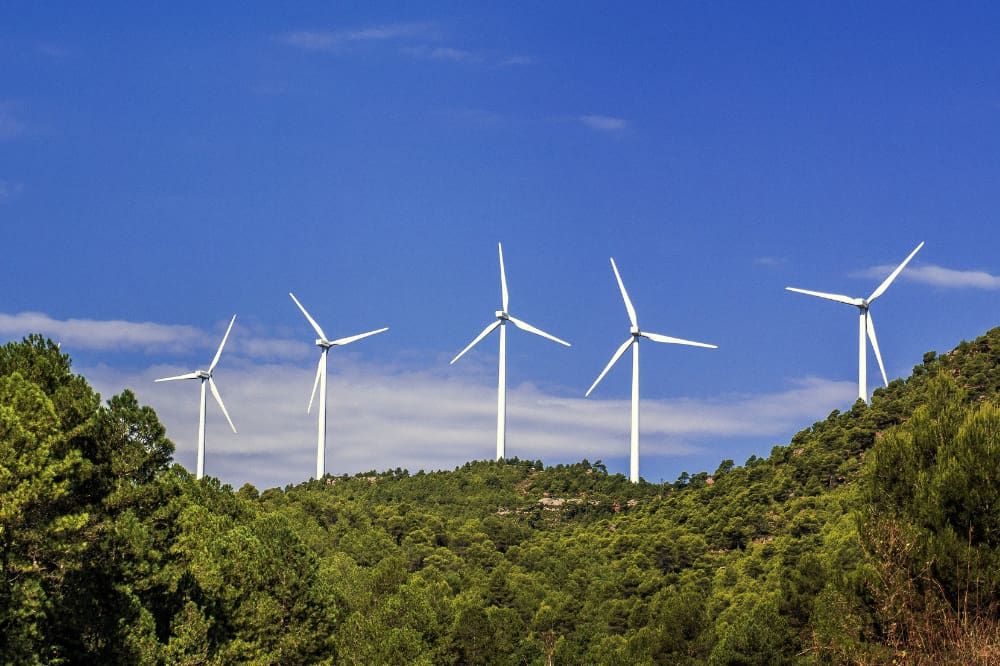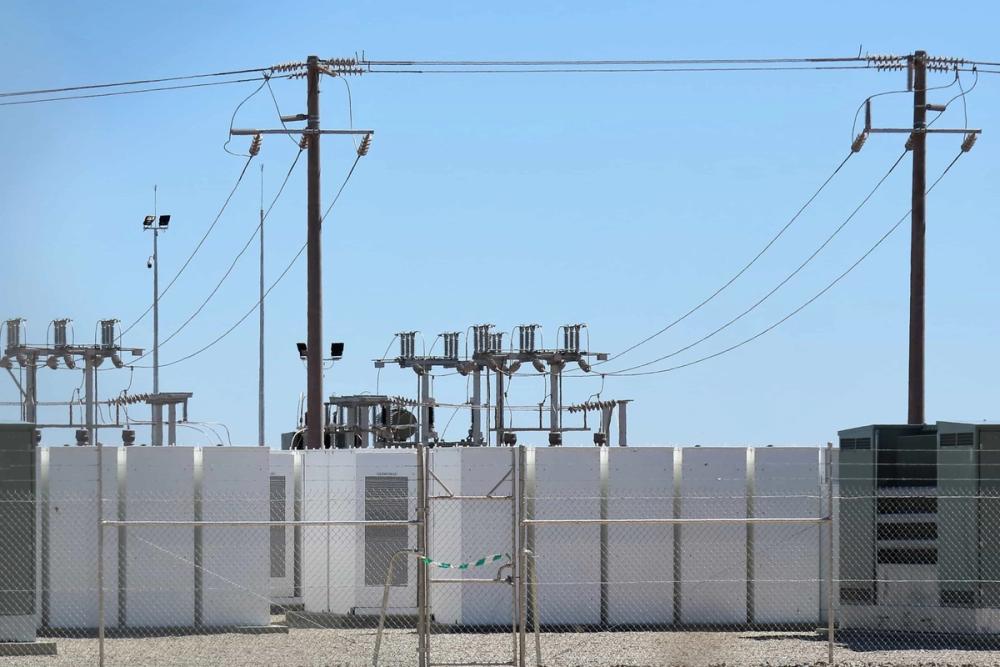Farmers Guardian Feature - Government Needs Clear Direction On Use Of Solar Energy

Solar energy can help the UK move towards a decarbonised energy system which provides a cleaner, cheaper and more secure supply, but why has the debate around it become so polarised? Olivia Midgley from Farmers Guardian speaks to chief executive of Balance Power Phil Thompson.
Solar power may be one of the most popular forms of renewable energy in the UK, but it has fast become the most controversial, with agricultural land earmarked for large scale projects sometimes facing fierce opposition from both farmers and the public.
The NFU and other rural organisations maintain that, in the right locations, solar can be a focal point in conversations around reaching net zero and help energy-intensive farming businesses become more energy secure.
But with Government wrangling over what constitutes an ‘appropriate’ site for development, how are developers negotiating the landscape and what does it mean for those farmers and landowners who want to introduce solar into their operation?
For Phil Thompson, chief executive of St Helens-based Balance Power, any restrictions on energy production from solar is ‘counterintuitive for farmers, food security and agriculture’.
He said: ‘Mr Sunak plans to give new powers to planning officials, allowing them to block ‘any solar project that could put food security at risk’. This comes just one year after Liz Truss’s effective ban on solar - a policy that was reversed almost immediately, creating uncertainty for landowners about their diversification options.
‘‘However, banning solar from agricultural land would be counterintuitive for farmers, food security and the agricultural sector in general.
‘‘Hosting solar projects can provide farmers with a secure and reliable income stream, helping them cope with surging food inflation and the increased cost of agricultural production.
‘‘And, solar projects can coexist harmoniously with traditional farming practices, bolstering potential income. For example, they can operate in parallel with crop production or the grazing of animals, enabling the dual use of land for agriculture and renewable energy production.’’
Climate Change
With food production and food security often at the centre of objections to large-scale solar projects on agricultural land, Mr Thompson said climate change posed a massive threat.
‘‘Freak weather events, such as heavy rainfall and flooding, are no longer an anomaly’’. Said Mr Thompson.
‘‘They threaten to destroy agricultural land and damage farmers’ yields, while the hotter summers and increasingly dry land have equally damaging effects. We need renewable energy technologies to help curb climate change and prevent this from worsening: hosting projects is just one way the agricultural sector can be part of the solution.
‘‘There is no question that food security is of paramount importance, and we must ensure there is a balance debate about how we use valuable British land’’.
He added it was also important to stress that ‘developing renewable energy should not rest entirely on the shoulders of the agricultural sector’.
‘‘We need a combination of technologies to reach net zero, such as wind and geothermal energy, while some solar panels can also be fitted in urban spaces, such as in car parks,’’ he said.
Net Zero
‘‘Solar farms make up a key piece of the UK’s net zero puzzle. Given that the agricultural sector has much to gain from hosting projects, and farmers can do so without disturbance to traditional agricultural activities, the Government should prioritise empowering farmers to make their ow choices about how their land is used.
‘‘Instead, it is carving a dangerous divide between crucial renewable energy and agricultural sectors.
‘‘With the Prime Minister’s plans, we risk missing a crucial opportunity to unite these two groups that have much to offer each other, hampering net zero progress even further.’’
Article written and published by Farmers Guardian



